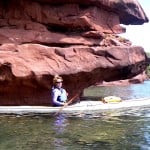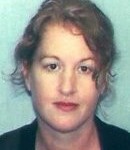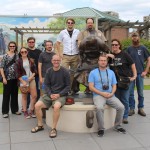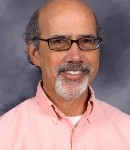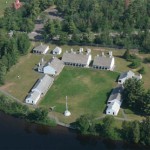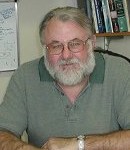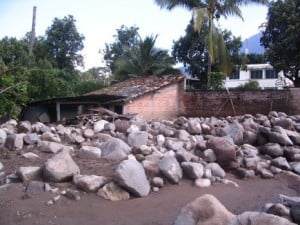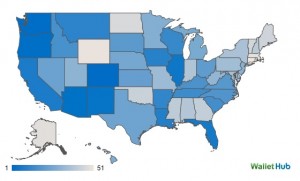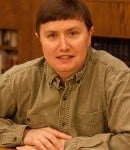 Don Lafreniere (SS/GLRC) has received a $193,008 partnership development grant from the Social Science and Humanities Research Council of Canada for a project titled, “Canadian Historical Geographic Information Systems Partnership.” This is a two-year project.
Don Lafreniere (SS/GLRC) has received a $193,008 partnership development grant from the Social Science and Humanities Research Council of Canada for a project titled, “Canadian Historical Geographic Information Systems Partnership.” This is a two-year project.
From Tech Today.
